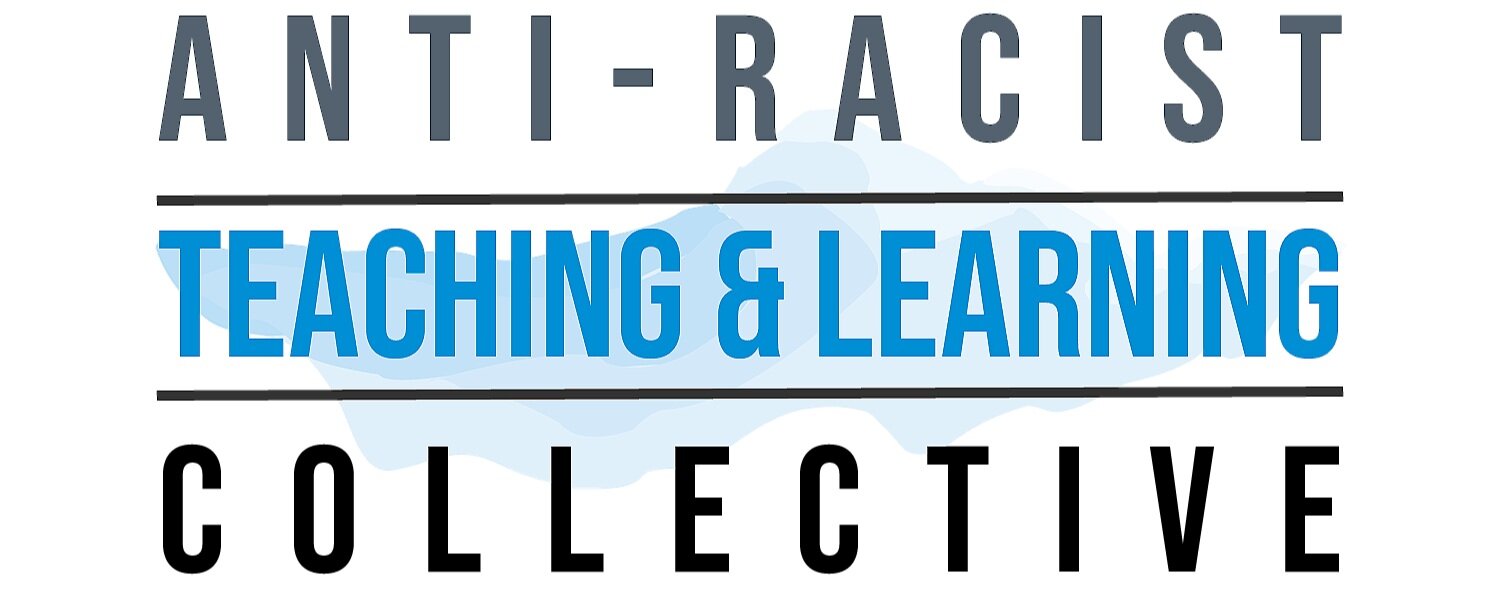Leslie Blatteau
Social Studies teacher at Metropolitan Business Academy in New Haven
“I feel compelled to hit the pause button sometimes from my curriculum and really just stop and create space for students to engage in these topics that they are seeing on the news, but maybe they didn’t realize could be academic subjects as well.”
Leslie Blatteau is a social studies teacher at Metropolitan who has reorganized her longstanding an International Issues class. “In years past, typically we’ve looked at human rights issues around the world,” Blatteau says. “Given that all eyes are on the United States right now, and given the United States’ failure to respect the human rights of people of color in this country…that’s our entry point into ‘Why are we talking about the US in an international issue course?’” She cites the recent decision by the grand jury in Louisville, Kentucky to not indict police officers for the murder of Breonna Taylor and the involuntary hysterectomies of migrant women detained in Georgia as two examples of human rights abuse that warranted the shift in content.
Yet for Blatteau, this new focus represents more than just a change in curriculum. She defines anti-racist teaching as finding and implementing concrete ways to give up power—both as a teacher and as a white person. One of the ways she does this is by centering student voices in the educational process, and incorporating materials or voices that are not commonly thought of as “what you talk about in schools.”
“I feel compelled to hit the pause button sometimes from my curriculum and really just stop and create space for students to engage in these topics that they are seeing on the news, but maybe they didn’t realize could be academic subjects as well.” This “space” allows students to reimagine their experiences and interests as educationally valuable content and remains a key facet of Blatteu’s anti-racist work. “We know that students know what’s going on,” she says. “I want them to know that the concerns that they have on a personal level are political concerns and academic concerns and those things don't have to be compartmentalized.”
This framework also informs what she cites as the largest obstacle to anti-racist work this season: the lack of a 3D space. Blatteau describes how much she and other teachers rely on movement and visual cues to facilitate learning. While she has adapted in several ways, such as the use of the surveys to gauge student mood and responses, one standard she has not adopted is requiring cameras to be on.
“How we look on a screen is different than how we look in real life, and so much of [students’] identity is tied up to their social media appearance—and if this isn’t quite as manipulatable as their Instagram, then to what extent are they willing to do this?” She remarks. “Plus, a lot of them are managing care of family members, a lot of them are sharing closer spaces with family members. Given all that I'm not requiring cameras on.”
This decision too, stems from her efforts to support student-centered education. “We can engage students to support their social and emotional development but we have to empower them to take control of their own learning. So it’s really about student agency, and one road into increasing student agency is making sure they understand the why of things—not of academic contact but of how communities function and flourish.”
Despite the complexities of this new environment and the bleak subject matter of her classes, Blatteau takes steps to maintain and inspire hope within herself and her students.
“Another world is possible,” she says, citing a print by Ricardo Morales Levin of the same name.
The phrase anchors her approach to talking about dispiriting social issues in the classroom. “For every kind of problem or oppression that I was going to put up, that I had to put liberation ahead of it.” Referring to her earlier examples of the Taylor verdict and the detention camps, she describes how she juxtaposed each issue with material representing their resolution. News of the Taylor verdict she paired with a video release from the Black Lives Matter movement, while Dawn Wooten’s report inspired a discussion on whistleblowing and reproductive justice.
“There is so much hopelessness right now, and yes I have to teach the evidence that the world is somewhat hopeless right now, but I didn't want the main focal point to be hopelessness.” Blatteau is firm in this belief: “If I can't find an example of resistance, of liberation when we’re talking about the oppression, then I won’t talk about oppression”.

